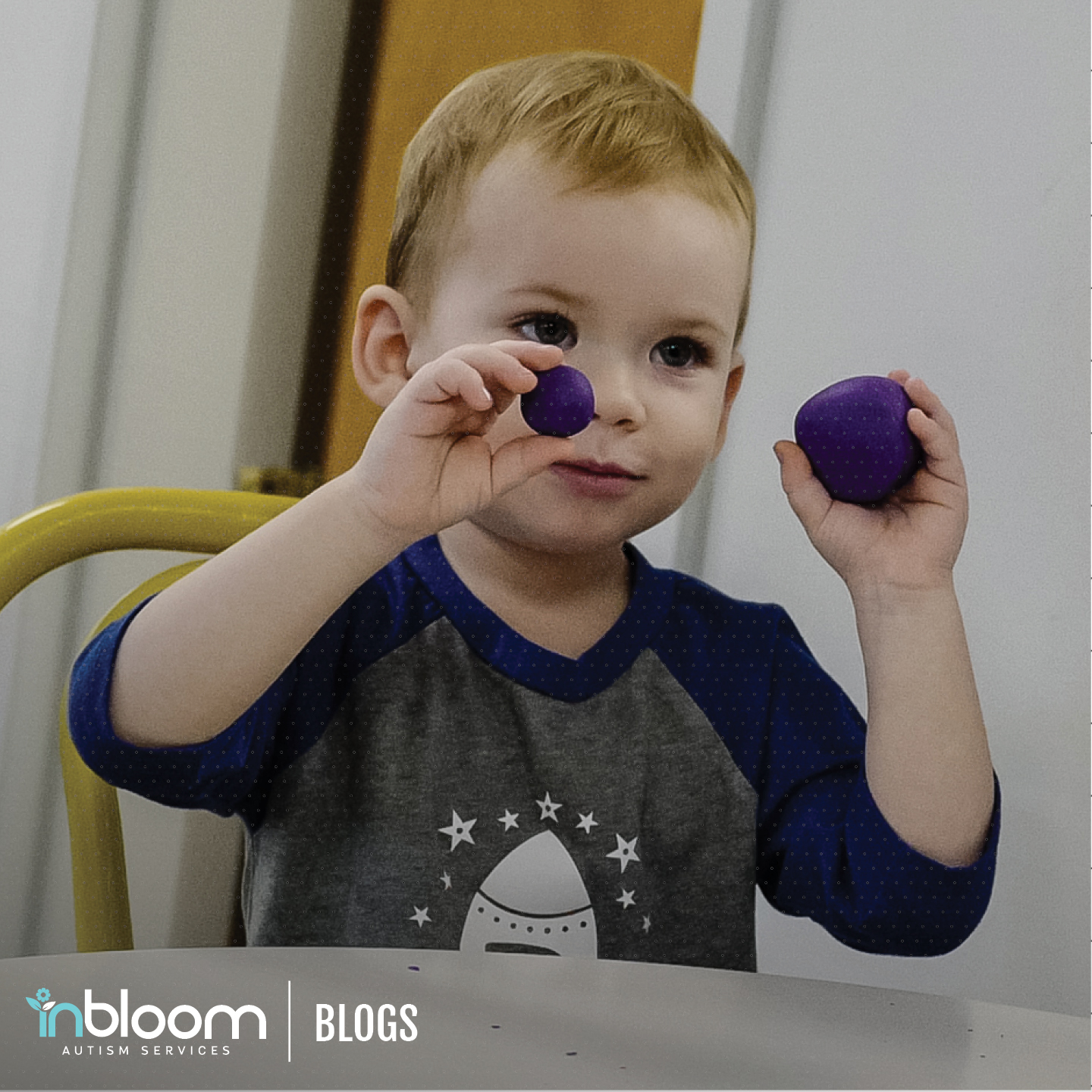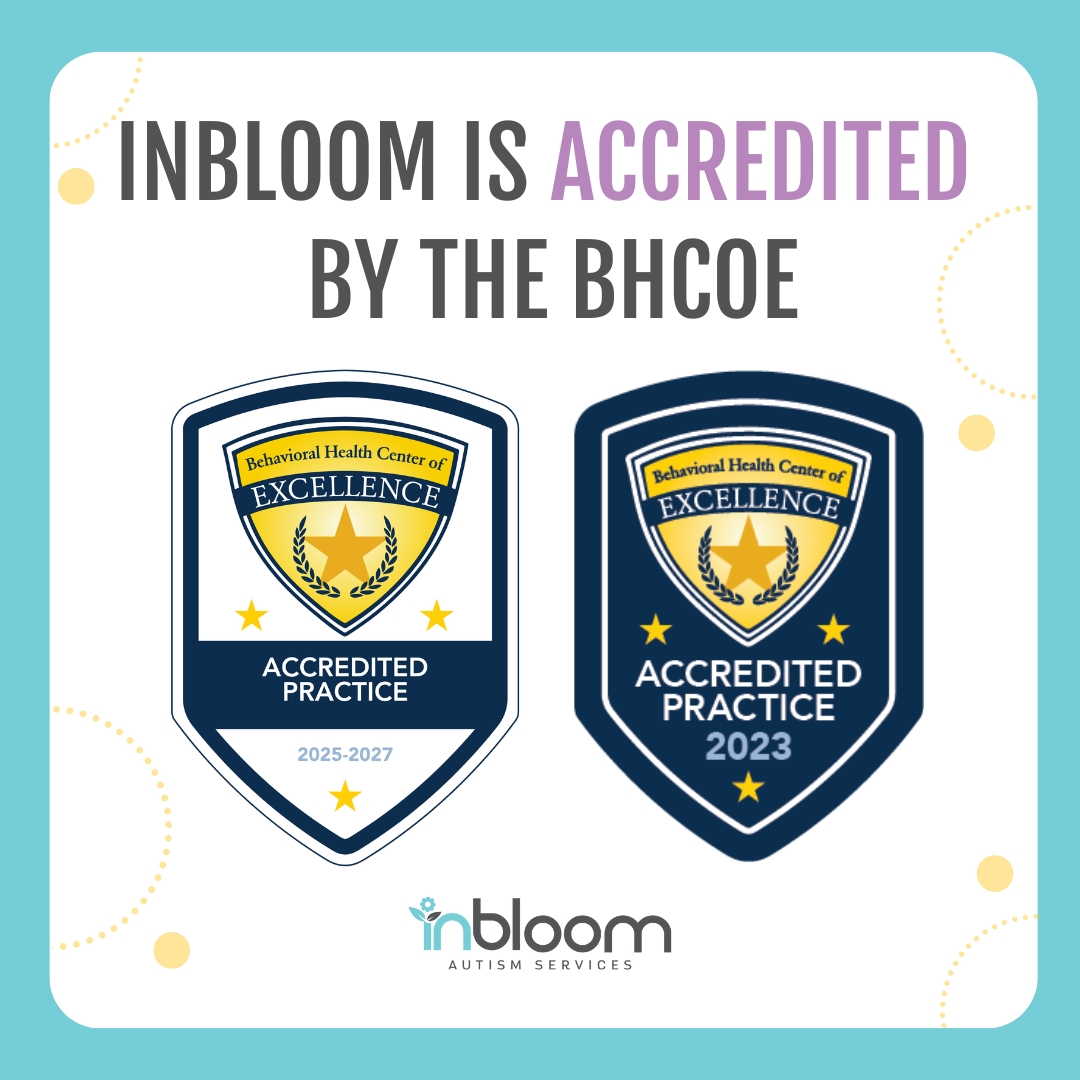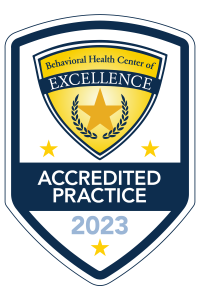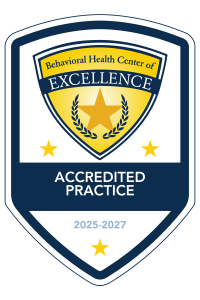Autism Diagnostic Evaluations Services: What to Expect
As a parent, you are your child’s best advocate. When something feels different, whether it’s delayed speech, avoiding eye contact, or repetitive behaviors, it’s natural to have questions. If you’re beginning to wonder whether your child might be showing signs of Autism Spectrum Disorder (ASD), we can help guide you.
At InBloom Autism Services, we believe that early understanding and support can make all the difference. Our autism diagnostic evaluations provide clarity, compassion, and a plan for your next steps. Autism evaluation services are currently available in Arizona, Colorado, Florida, Texas, and Wisconsin, and are coming to Connecticut in February 2026!
To learn more, contact us directly at 888-754-0398 or continue reading below.

What is an Autism Diagnostic Evaluation?
An autism diagnostic evaluation is a comprehensive assessment that identifies whether your child meets the criteria for an ASD diagnosis.
The professional evaluation involves reviewing developmental history, observing behaviors, and using gold-standard assessment tools to provide an accurate picture of your child’s strengths and challenges.
Why Early Diagnosis Matters
An early autism diagnosis opens the door to essential services and interventions, including ABA therapy, speech therapy, and occupational therapy. Early support helps children build critical communication, social, and daily living skills during a key developmental window.

Meet Dr. Otto and Our Team
Licensed clinical psychologist Dr. Jaqui Otto leads our diagnostic services, bringing nearly two decades of experience evaluating young children. She specializes in diagnosing autism in children 18 months to 3 years and 11 months old, using a warm, play-based approach that keeps kids engaged and parents involved at every stage.
Dr. Otto works closely with our local InBloom teams to ensure each evaluation is accurate, thorough, and grounded in compassion.
Signs of Autism in Young Children
Every child develops at their own pace, but certain behaviors and patterns may signal the need for a closer look. Recognizing these early signs of autism can help you decide when to seek a professional evaluation.
Social and Communication Indicators
Some early signs of autism may include:
- Avoiding eye contact
- Limited speech or language delay
- Lack of social interest
- Difficulty responding to their name
Behavioral and Sensory Patterns
Other behaviors may involve:
- Repetitive movements or speech patterns
- Intense sensory-seeking behaviors
- Difficulty with changes in routine or transitions
When to Consider a Diagnostic Evaluation
If you’re seeing one or more of these behaviors, it may be time to schedule an autism evaluation. Autism evaluation services are currently available in Arizona, Colorado, Florida, Texas, and Wisconsin, and are coming to Connecticut in February 2026!
While no single symptom confirms ASD, a diagnostic evaluation conducted by a licensed clinical psychologist or developmental pediatrician provides the clarity needed to determine the right next steps for your child.
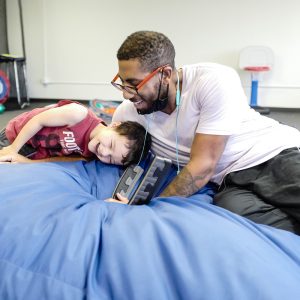
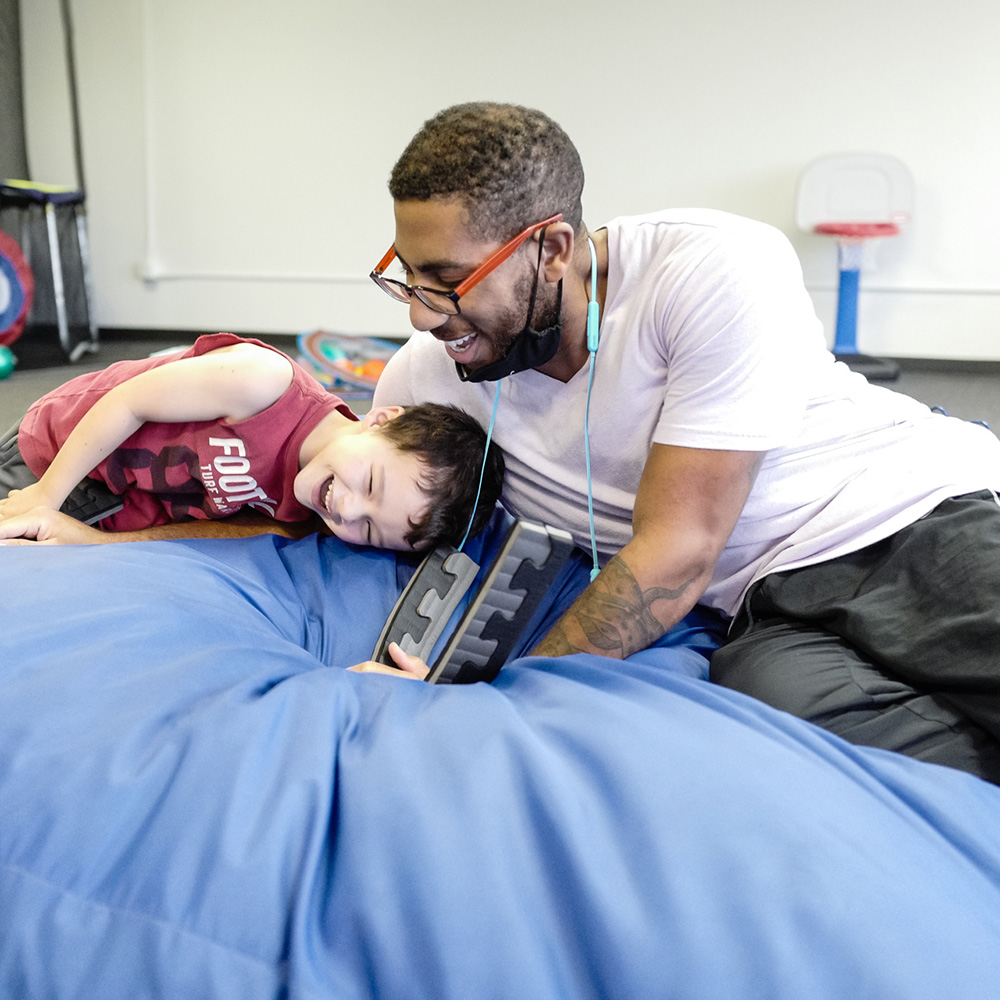
What to Expect During the Evaluation
At InBloom, we provide gold-standard behavioral and developmental evaluations that are both thorough and compassionate, ensuring children and parents feel at ease throughout the process.
Our autism diagnostic assessments are widely recognized and accepted by insurance providers, helping families gain access to the therapies and support their children need. Our process follows five key steps:
Next Steps After an Autism Diagnosis
Getting an autism diagnosis can bring a mix of emotions, from relief, worry, or hope, to even uncertainty about what comes next. No matter how you’re feeling, remember this: a diagnosis doesn’t change your child’s potential. It simply gives you the clarity and direction to take the next step with confidence. Our goal is to make that step as supportive and straightforward as possible.
For some children, certain behaviors may still raise questions even after the initial diagnostic evaluation. In these cases, taking a closer look at the “why” behind those behaviors can help guide more effective support strategies.
Understanding Challenging Behaviors
When a child exhibits behaviors that are disruptive, repetitive, or interfere with learning and daily functioning, a more focused evaluation may be helpful.
A Functional Behavior Assessment (FBA) is a structured process used to identify the underlying causes of challenging behaviors by observing patterns, triggers, and responses across different settings.
The results help guide individualized strategies that support more positive behavior and long-term growth.
Treatment Recommendations and Referrals
Whether or not your child receives an ASD diagnosis, you’ll leave with a clear, personalized plan tailored to their strengths and needs.
Your child’s treatment plan may include recommendations for ABA therapy, speech therapy, occupational therapy, or other developmental services. We’ll explain each suggestion and connect you with resources that can help.
InBloom’s Diagnostic Service Areas
Access to timely, high-quality evaluations can make a meaningful difference in a child’s life. That’s why InBloom offers autism diagnostic evaluations in select states, bringing expert care closer to home and reducing long wait times for families seeking answers.
Where We Offer Evaluations
Our diagnostic evaluations are currently available in:
Each InBloom location provides a welcoming, sensory-friendly environment designed to help children feel comfortable and supported throughout the process.
How to Schedule Your Appointment
Scheduling your child’s evaluation is simple. Call us at 888-754-0398 to contact our Care Team to get started. We’ll answer your questions, discuss appointment options, and help you feel prepared and supported from the very first step.
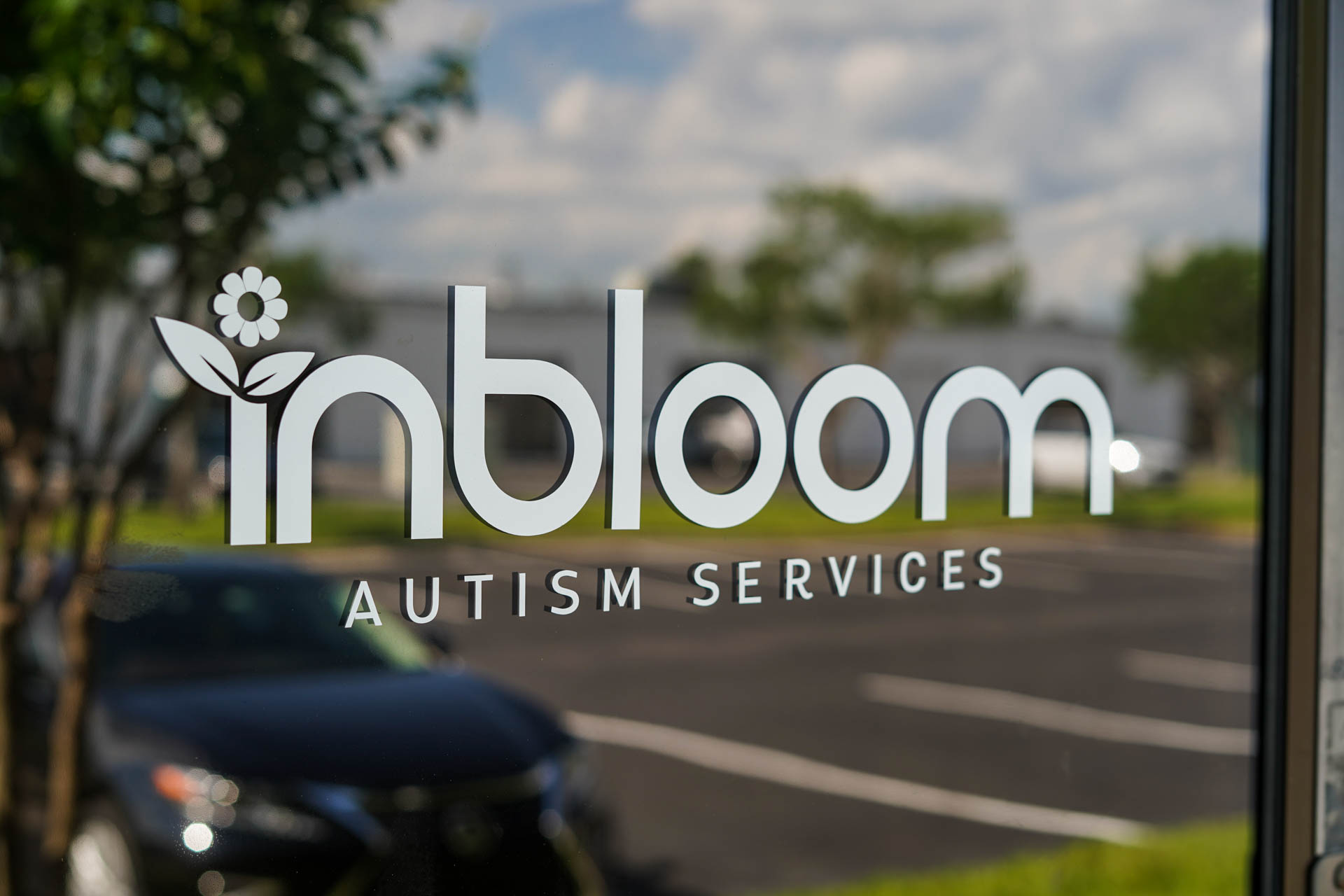

GUIDING YOU EVERY STEP OF THE WAY
Insurance and Coverage Guidance
Navigating insurance coverage can feel overwhelming, but you won’t have to do it alone. Our Care Team will coordinate with your insurance provider to verify coverage, explain your benefits in plain language, and help remove barriers to getting the services your child needs.

Testimonials
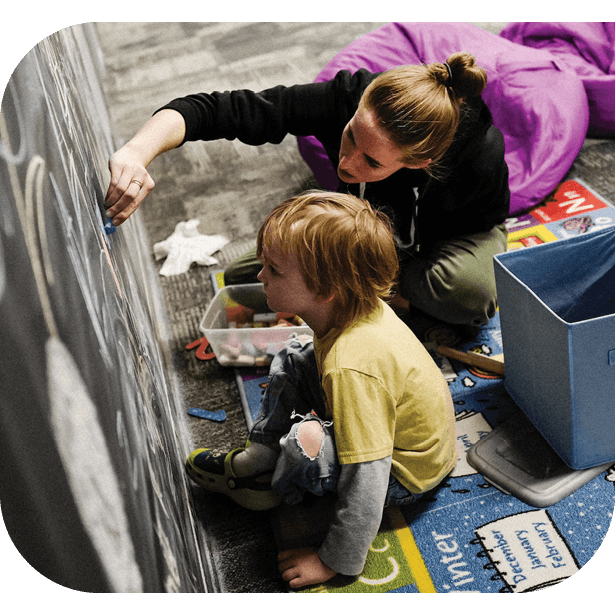
Starting ABA Therapy with InBloom
If ABA therapy is recommended, we’ll walk you through every stage of the process, introducing you to your local BCBA, creating a treatment plan together, and setting a timeline for your child to begin services.
We’re here to make the transition as smooth as possible, so you feel confident and supported from day one.

THE BEST SUPPORT TEAM FOR YOUR CHILD
Caregivers are an essential part of our team.
Your Path to Support Starts Here
Taking action when you have concerns about your child can feel like a big step, but it’s also a powerful one. At InBloom Autism Services, we’re here to guide you from your first question to a clear plan for support.
Our team will help you navigate the evaluation process, understand your options, and feel confident about what comes next for your child’s growth and well-being. Contact our helpful, caring team today at 888-754-0398!


